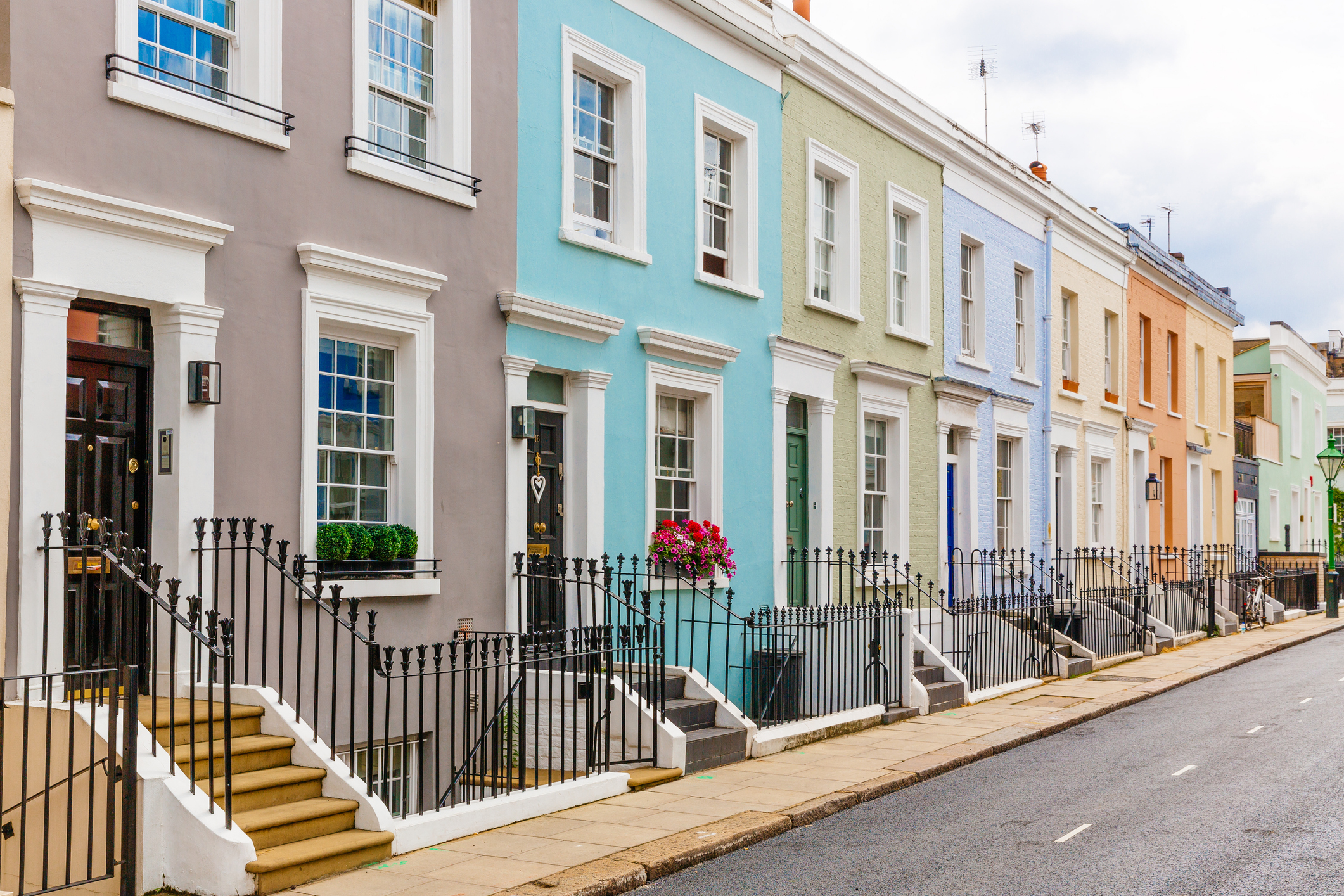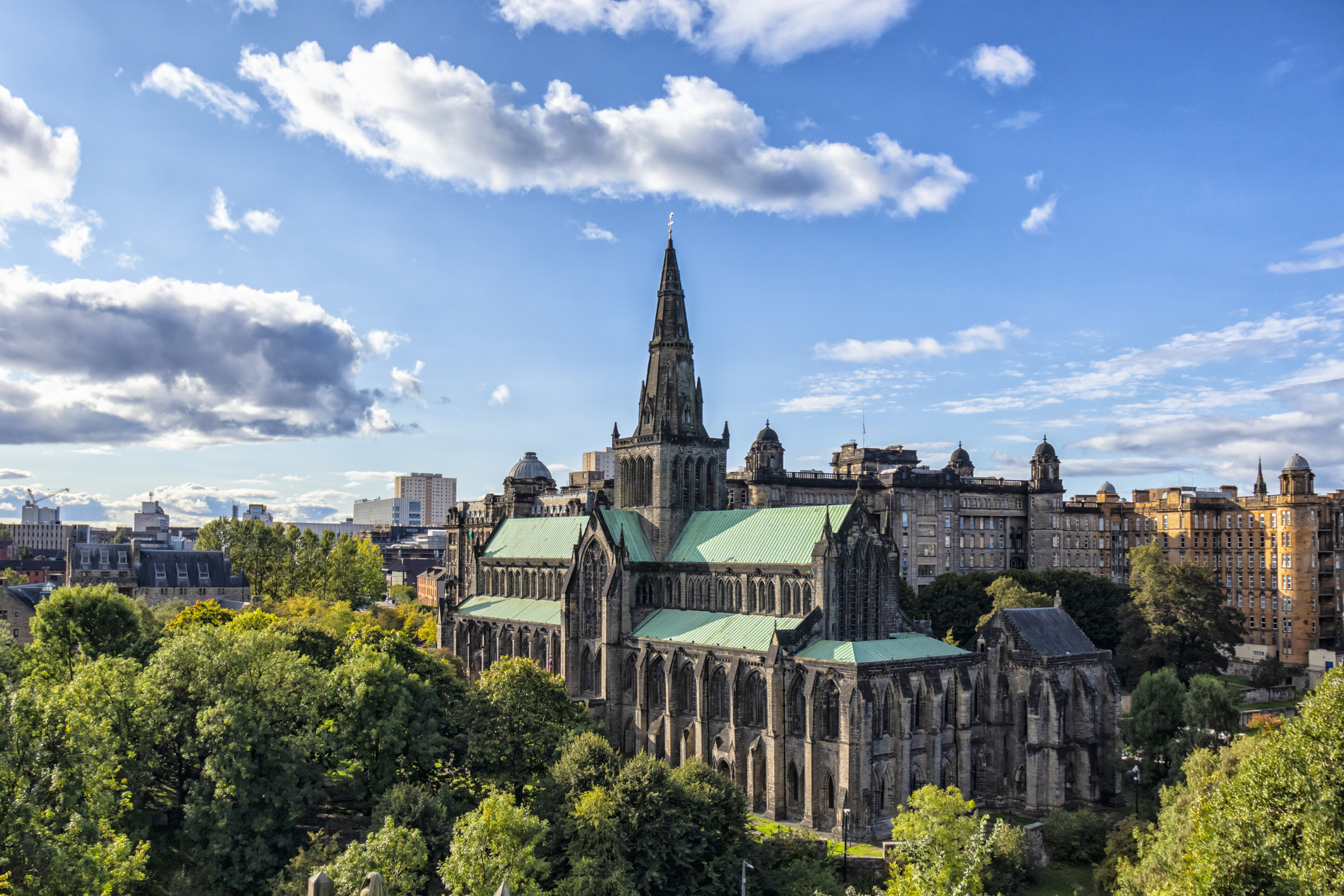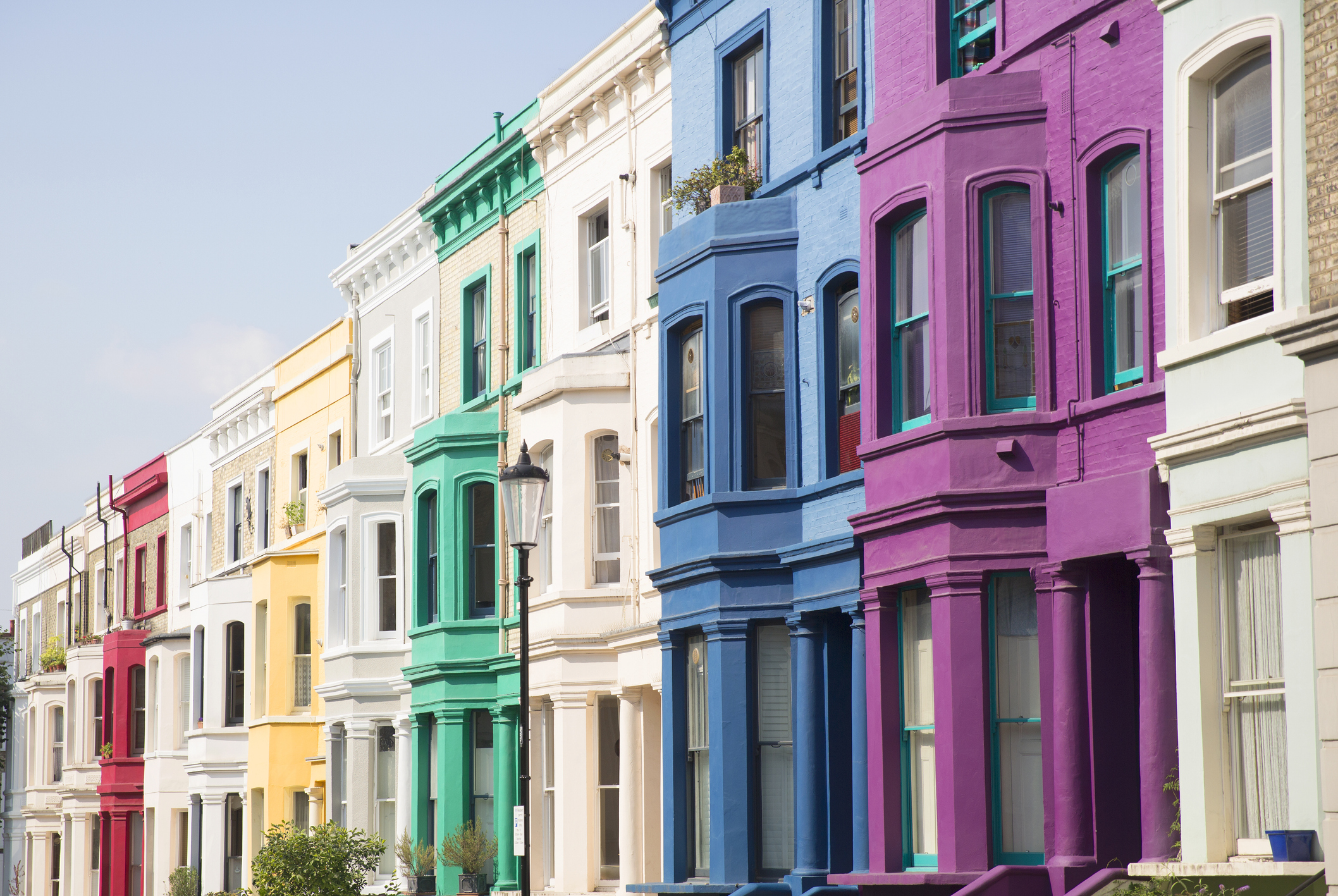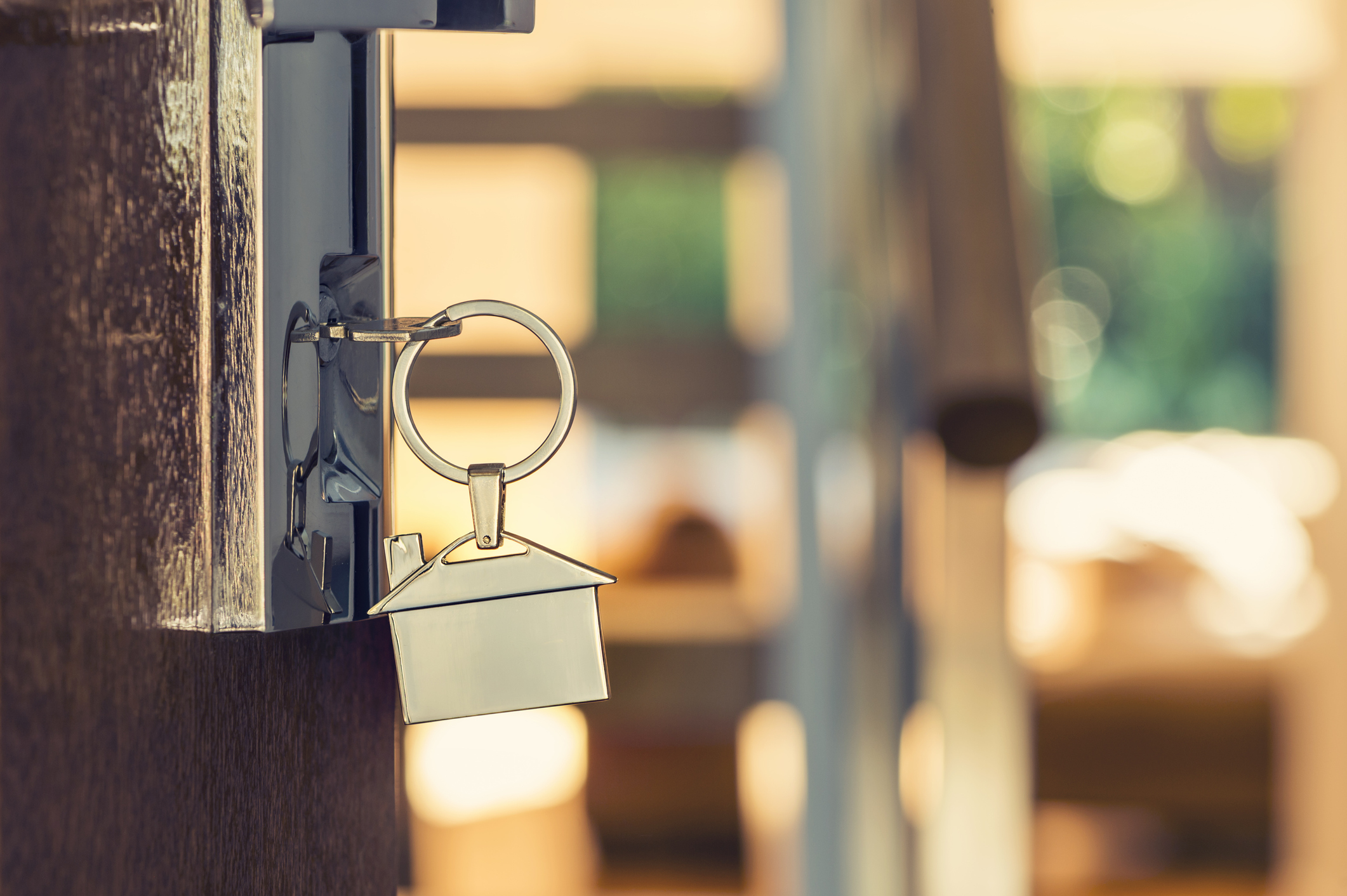Homeowners sitting on gains of £80,000 over the last 20 years
Data from Zoopla shows significant increases in UK property prices over the last two decades


Get the latest financial news, insights and expert analysis from our award-winning MoneyWeek team, to help you understand what really matters when it comes to your finances.
You are now subscribed
Your newsletter sign-up was successful
Want to add more newsletters?

Twice daily
MoneyWeek
Get the latest financial news, insights and expert analysis from our award-winning MoneyWeek team, to help you understand what really matters when it comes to your finances.

Four times a week
Look After My Bills
Sign up to our free money-saving newsletter, filled with the latest news and expert advice to help you find the best tips and deals for managing your bills. Start saving today!
Homeowners in the UK who bought their property in the last 20 years are sitting on average gains of £80,000, according to Zoopla.
Research from the property website also found that those who sold their home in the last 12 months, made £65,000 on average, despite a recent drop in house prices.
Izabella Lubowiecka, senior property researcher at Zoopla, said: “Millions of UK homeowners are sitting on tens of thousands of pounds in property value gains since they moved into their current home."
MoneyWeek
Subscribe to MoneyWeek today and get your first six magazine issues absolutely FREE

Sign up to Money Morning
Don't miss the latest investment and personal finances news, market analysis, plus money-saving tips with our free twice-daily newsletter
Don't miss the latest investment and personal finances news, market analysis, plus money-saving tips with our free twice-daily newsletter
Drilling down further, the data showed that four-fifths of homes in the Cotswolds and Richmond upon Thames have increased in value by £65,000 in the last 20 years.
Zoopla said “homes in high value areas and commuter hotspots have seen the largest property gains in the last 20 years”, with Richmond, which is “often viewed as one of London’s highly desirable suburbs due to its unique atmosphere, plentiful green spaces and fast connections to central London” rising significantly.
Toby Leek, president of property industry body, Propertymark, added: “For the many people who choose to purchase their own homes, it remains upbeat news that we continue to witness robust house price growth.
"When you consider events such as the financial crash of 2008 and the coronavirus pandemic, which took their toll on property prices, and in some cases pushed people into negative equity, it’s positive news to see a long-term trend of house price grown across the marketplace."
Buying a house in a 'new town' is cheaper
The findings come after Halifax reported that house buyers could save up to £50,000 by purchasing a property in a new town built after the Second World War compared to elsewhere in the UK.
The lender says the average house price in a new town is £300,656, as opposed to a UK average of £346,995.
Over the past 30 years, Halifax says the average price of a property in a new town, such as Milton Keynes, has jumped by 441 per cent, slightly behind the average for the whole of the UK at 454 per cent.
However, some new towns have seen significant property spikes. Crawley in West Sussex tops the list, with property prices surging by 543 per cent since 1994, from £63,712 to £409,836.
What is happening with house prices?
House prices rose by 1.5% in August, bringing the annual growth rate to 2.8%, according to official figures.
The average price of a property in the UK now sits at £293,000, an £8,000 uplift compared to a year ago.
The Land Registry index, which differs from the way Halifax calculates prices, reveals that annual house price inflation was highest in the North West, where prices increased by 4.6% in the 12 months to August. The South West was the English region with the lowest annual inflation, where prices rose by just 0.8%.
Jeremy Leaf, estate agent and a former RICS residential chairman, says: “This most comprehensive of all house-price surveys, as it includes cash and mortgage transactions, demonstrates once again considerable market strength despite reflecting activity over the past three months at a time of economic and political turbulence.
Where have house prices risen the most?
The official house price index from the Land Registry and the Office for National Statistics reveals that of the four UK regions, values rose the fastest in Northern Ireland.
Average house prices in Northern Ireland jumped 6.4% over the past year to reach £185,000. This was followed by 5.4% growth in Scotland, with the average property now costing £200,000. In Wales, house prices rose 3.5% to reach £223,000. Meanwhile, in England prices increased 2.3% to £310,000.
In terms of English regions, the North West saw the fastest annual house price growth (4.6%), followed by Yorkshire and the Humber (4.4%), and then the West Midlands (2.6%).
The slowest house price inflation was seen in the South West (0.8%), followed by London at 1.4%. The average home in the capital now costs £531,212.
Get the latest financial news, insights and expert analysis from our award-winning MoneyWeek team, to help you understand what really matters when it comes to your finances.
Chris is a freelance journalist, and was previously an editor and correspondent at the Financial Times as well as the business and money editor at The i Newspaper. He is also the author of the Virgin Money Maker, the personal finance guide published by Virgin Books, and has written for the BBC, The Wall Street Journal, The Independent, South China Morning Post, TimeOut, Barron's and The Guardian. He is a graduate in Economics.
-
 How should a good Catholic invest? Like the Vatican’s new stock index, it seems
How should a good Catholic invest? Like the Vatican’s new stock index, it seemsThe Vatican Bank has launched its first-ever stock index, championing companies that align with “Catholic principles”. But how well would it perform?
-
 The most single-friendly areas to buy a property
The most single-friendly areas to buy a propertyThere can be a single premium when it comes to getting on the property ladder but Zoopla has identified parts of the UK that remain affordable if you aren’t coupled-up
-
 The UK cities where it’s cheaper to buy a house than rent
The UK cities where it’s cheaper to buy a house than rentFor people in some areas of the country, home ownership is a distant dream. But for others it can be surprisingly affordable.
-
 Why investors can no longer trust traditional statistical indicators
Why investors can no longer trust traditional statistical indicatorsOpinion The statistical indicators and data investors have relied on for decades are no longer fit for purpose. It's time to move on, says Helen Thomas
-
 Uncertainty ahead of the Budget causes house price growth to stall, says Rightmove
Uncertainty ahead of the Budget causes house price growth to stall, says RightmoveProperty website Rightmove says asking prices increased by just 0.3% in October, well below the 1.3% average for the month
-
 ONS: UK house prices fell 1.4% in 2023 – is now a good time to buy?
ONS: UK house prices fell 1.4% in 2023 – is now a good time to buy?News The latest Office for National Statistics data shows the housing market dropped in 2023 but there are signs of a recovery – how long will it last?
